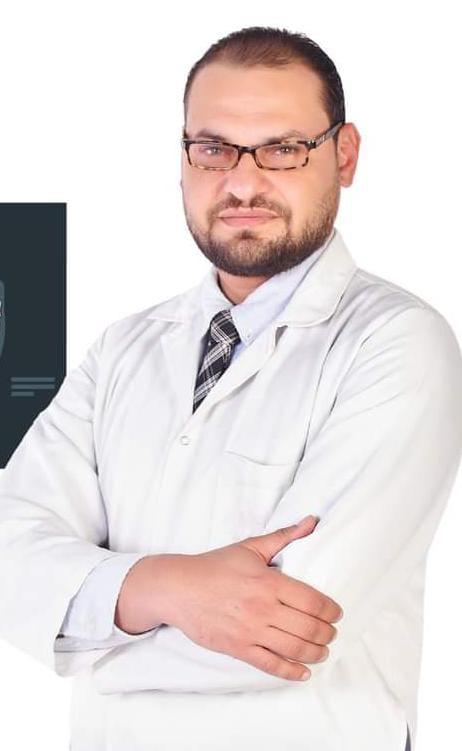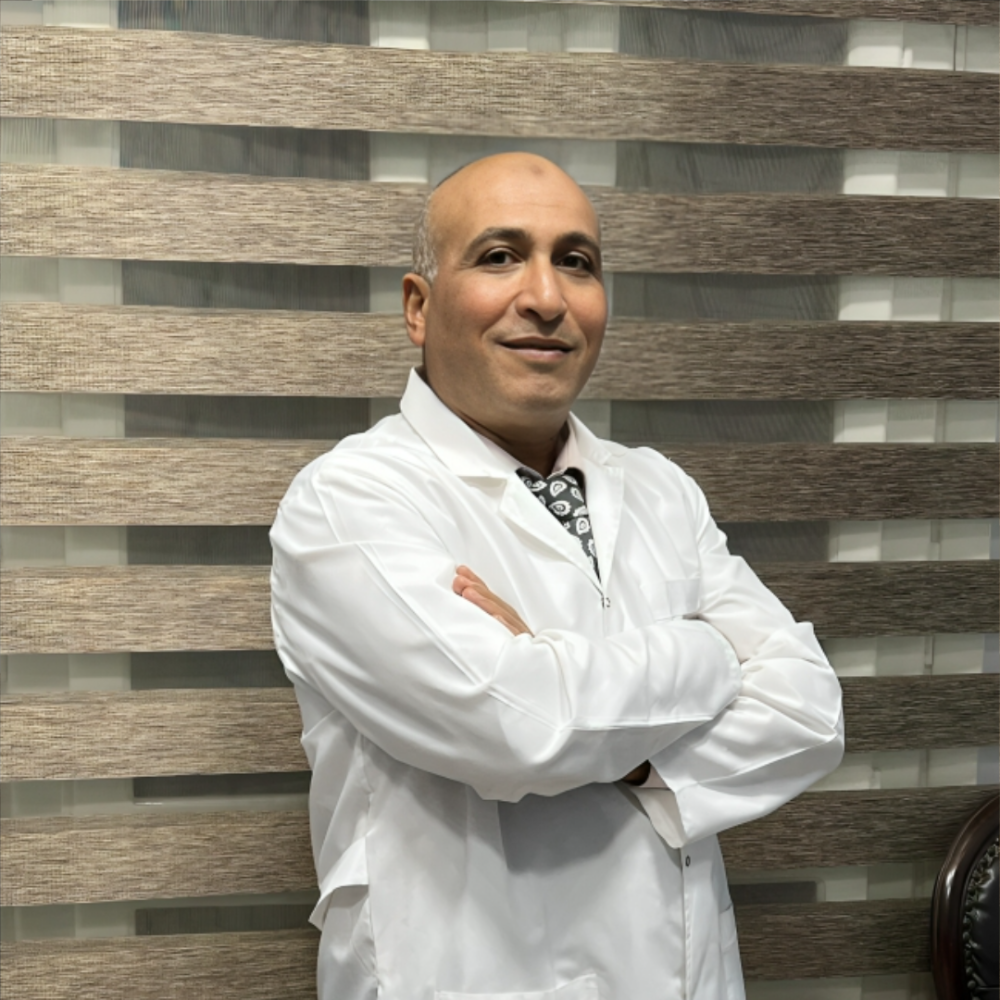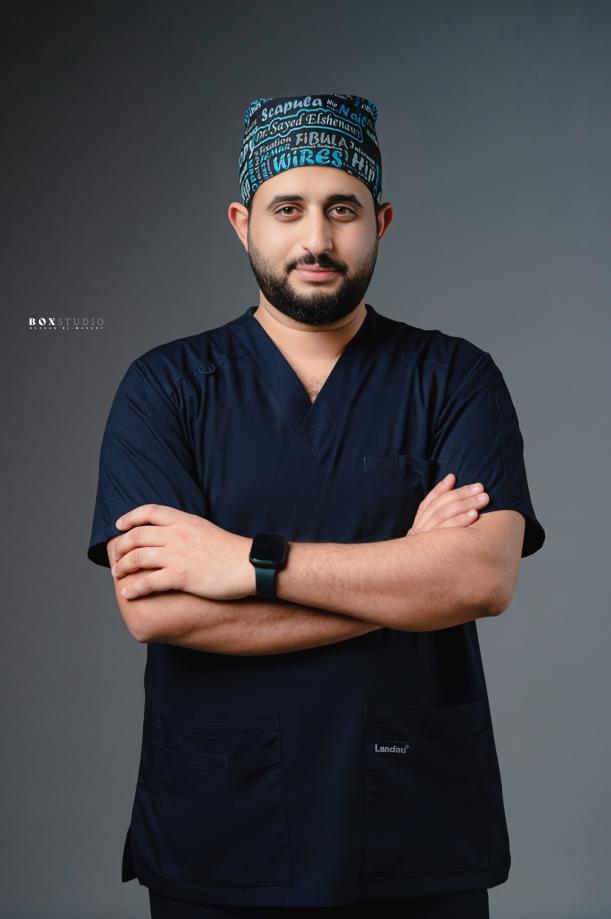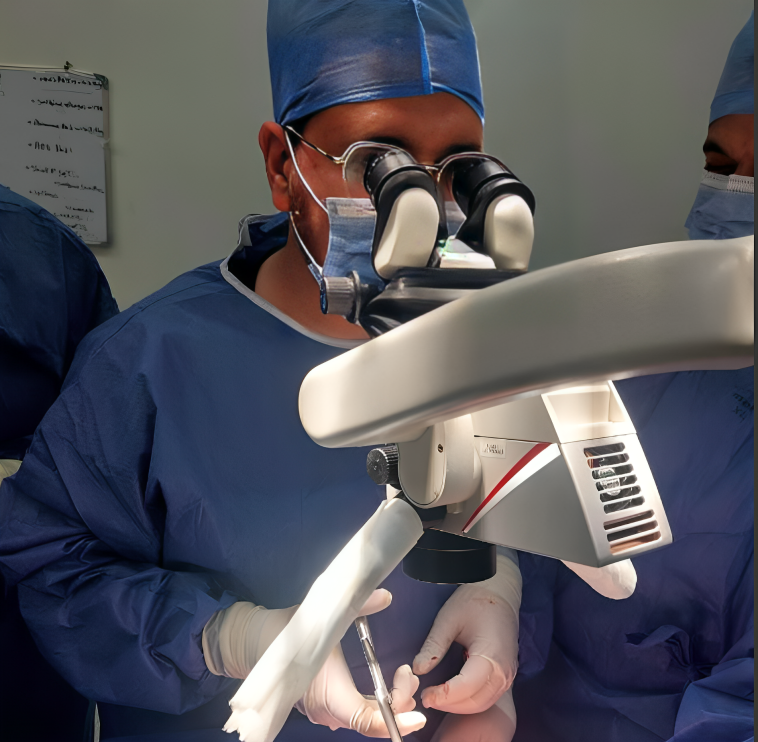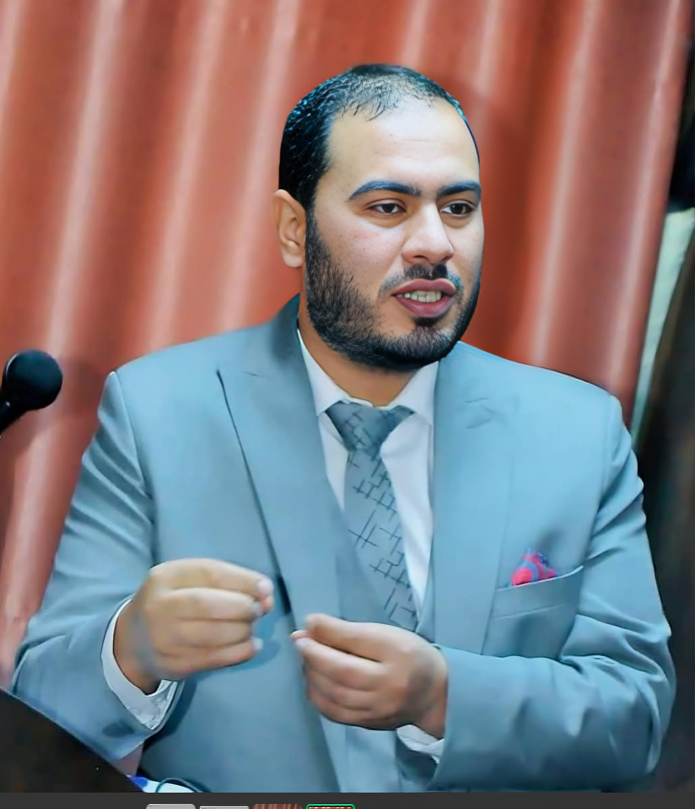Fracture fixation treatment
Fracture Stabilization Treatment: How a Fracture is Stabilized for Proper Healing
Fracture stabilization is an essential part of fracture treatment, aimed at preventing movement of the broken bone to ensure it heals properly. The type of treatment depends on the type and severity of the fracture, and it can be either non-surgical (conservative) or surgical. Here are details about different fracture stabilization methods:
1. Conservative (Non-Surgical) Fracture Stabilization:
If the fracture is simple and uncomplicated, it can be stabilized using non-surgical methods. This includes:
Splinting: The bone is stabilized using a splint or brace. The splint is applied around the broken bone to limit movement and allow for healing. The type of splint depends on the fracture location and severity of the injury.
Plastic or Cast Splints: Used for simple fractures in limbs or long bones. These support the bone and prevent movement during the healing process.
Rest: Reducing movement in the affected area is necessary to prevent further damage. In some cases, crutches or assistive devices are used to alleviate pressure on the fracture.
Use of Braces or Supports: In some fractures, special supports or braces can be used to help stabilize the bone and protect it from excessive movement.
2. Surgical Fracture Stabilization:
In more complex fractures, such as open or complicated fractures, surgical intervention may be required to properly stabilize the bone. Surgical methods include:
Plates and Screws: These devices are used to stabilize the bone in the correct position. Screws or metal plates are inserted through the skin or via a surgical incision to ensure the bone remains stable. This treatment ensures proper bone union and healing.
Prosthetics: In cases of large fractures or fractures that are difficult to heal using traditional methods, prosthetics may be used to replace the broken parts of the bone. These prosthetics are designed to match the natural bone and provide stability.
Bone Grafting: In cases where the fracture leads to significant bone loss, bone grafting may be used. Bone is taken from another part of the body or from a donor to replace the lost portion.
Sutures and Pins: For smaller fractures, pins or sutures may be used to stabilize the bone.
3. After Fracture Stabilization:
After the fracture stabilization procedure, the patient needs a recovery period to ensure the bone heals properly. Treatment includes regular follow-up with the doctor and physical therapy techniques to strengthen the surrounding muscles and joints.
4. Physical Therapy After Fracture Stabilization:
After the fracture has healed, it is important to work on restoring the flexibility of the muscles and joints. This may include:
Muscle strengthening exercises to help restore mobility.
Joint stretching exercises to ensure the flexibility of the surrounding joints.
Heat or cold therapy to reduce swelling and relieve pain.
When Should a Patient Visit the Doctor?
If you have sustained a fracture, it is important to follow up regularly with your doctor to ensure that the fracture is healing properly. If you experience any of the following symptoms, you should consult your doctor immediately:
Severe pain or persistent swelling.
Changes in the shape of the bone or inability to move it.
Signs of infection or inflammation at the fracture site.
In Conclusion:
Fracture stabilization is an essential part of the healing process, and it depends on the type and severity of the injury. By using modern stabilization methods, whether surgical or non-surgical, proper bone healing can be ensured, speeding up the recovery and return to daily activities.
Speciality: Orthopedic doctor
Price: 300
Phone: 01008818025
WhatsApp: 01008818025
Location: Moharram Bey, Alexandria
Address: 84 Moharram Bek Street, Boualino Tram Station
About the Doctor:
🩺 About Me Dr. Mohamed El-Sharkawy 🩺
🏥 Specialization: Consultant in Orthopedic Surgery, Fractures, and Knee Shoulder Arthroscopy🎓 Education: Masters Degree in Orthopedic Surgery📜 ... Read More
Speciality: دكتور عظام
Price: 300
Phone: 01099282300
WhatsApp: 01099282300
Location: Shibin El Kom, Menoufia
Address: Saint Fatima Square, above United Bank, 2nd Floor, Apartment 16.
About the Doctor:
Dr. Mahmoud Hadhoud is a Professor, Consultant of Orthopedic and Joint Surgery, and Head of the Spinal Surgery Unit at the Faculty of Medicine. With ... Read More
Speciality: دكتور عظام
Price: 300
Phone: 01101688925
WhatsApp: 01101688925
Location: Al-Mansoura Governorate, Mansoura
Address: Mansoura, 86 Al-Gomhoria Street, Dar Al-Ma'arif Building, Second Floor.
About the Doctor:
Here's the English translation of the profile for Dr. Sayed El-Shenawy:
Dr. Sayed El-ShenawyOrthopedic Surgeon and Sports Injuries SpecialistArthroscopy (Knee Shoulder) 🏥
Dr. Sayed El-Shenawy is ... Read More
Speciality: Orthopedic doctor
Price: Not Available
Phone: 01006281334
WhatsApp: 01006281334
Location: Sheikh Zayed, Giza
Address: Madinaty Branch: First Season Park – First Floor, Clinic No. F3. Second Branch: Al Nada Mall – Second District, Fourth Neighborhood.
About the Doctor:
Dr. Ahmed El Attar
🦴 **Profile**
Dr. Ahmed El Attar is a Consultant of Orthopedic Surgery, Joints, and Spine, and one of the distinguished names in this ... Read More
Speciality: Orthopedic doctor
Price: 300
Phone: 01003069304
WhatsApp: 01003069304
Location: Cairo
Address:
About the Doctor:
🩺 Dr. Hossam Fathi
Orthopedic and Spine Surgery Specialist
🔹 Name:Dr. Hossam Fathi
📞 Phone Number:0100 3069304
Who is Dr. Hossam Fathi?
Dr. Hossam Fathi is a certified specialist in ... Read More
Speciality: Orthopedic doctor
Price: 200
Phone: 01029911283
WhatsApp: 01029911283
Location: Kafr El Sheikh
Address:
About the Doctor:
Dr. bassem elfeky | Consultant Orthopedic Surgeon
🩺 About the Doctor
Dr. bassem elfeky is a Consultant Orthopedic Surgeon and Lecturer at Al-Azhar University, with extensive experience ... Read More
